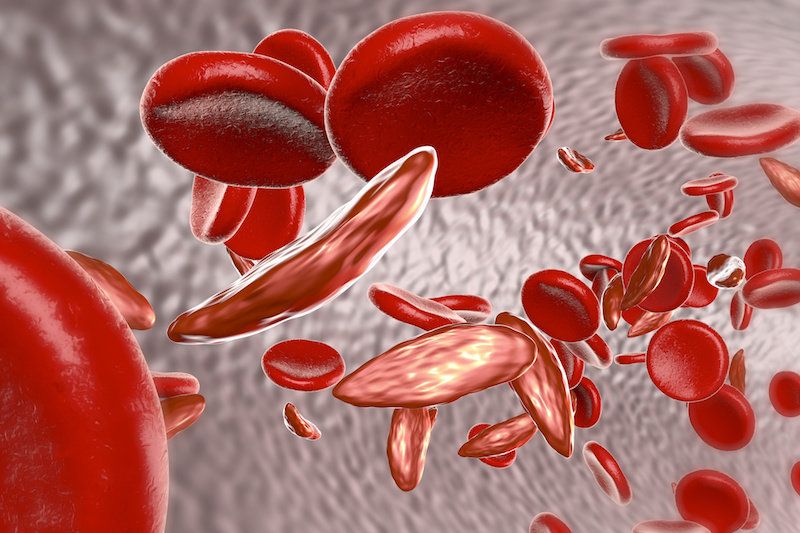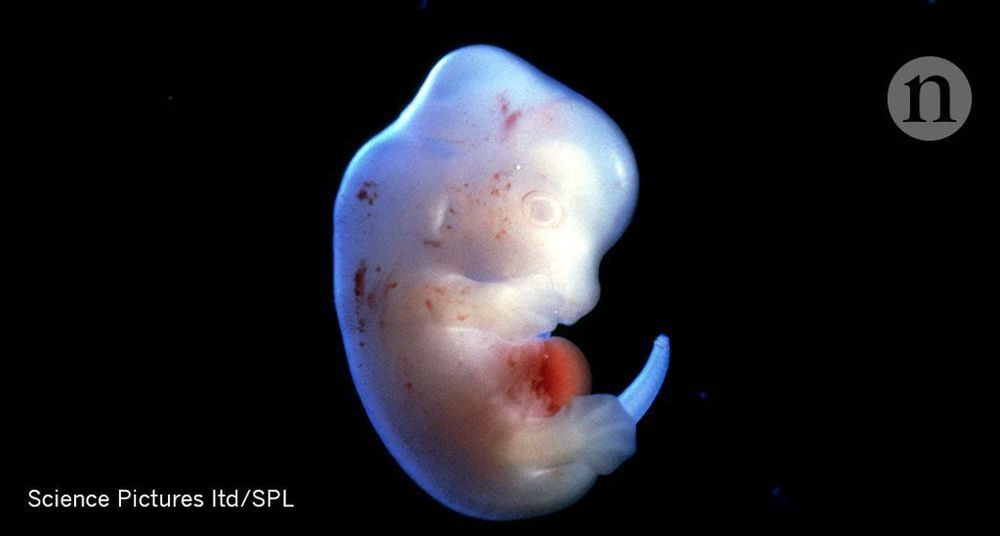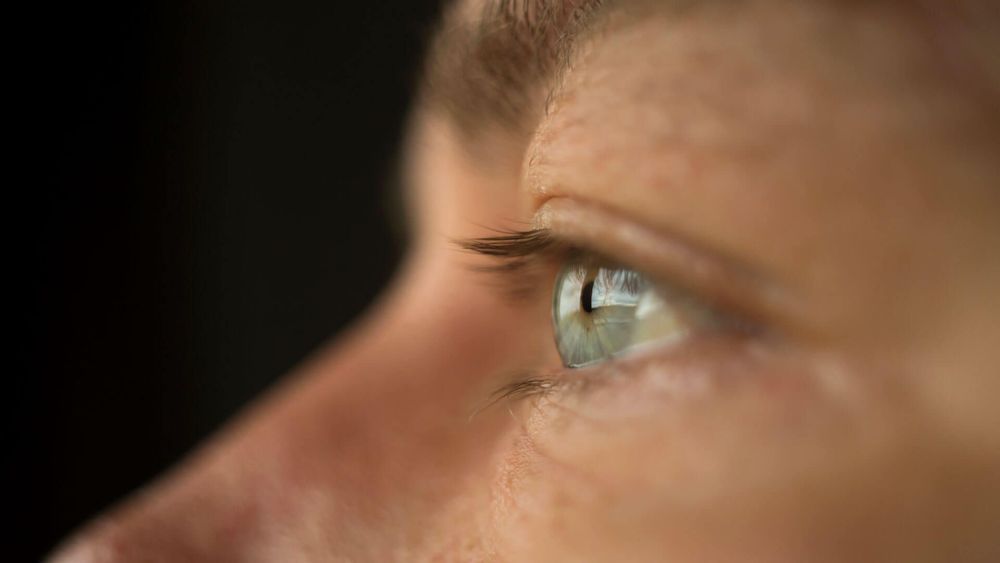It’s not everyday that you see some of the worlds leading cancer scientists attending a scientific forum put on by a hospital from Mexico. But CHIPSA hospital isn’t your average hospital and the scientists showed presenting their research, much of which they are working on with CHIPSA.

Take for instance Dr. Franco Marincola. The fa med former chief of immunogenetics for the NIH, editor of 9 peer reviewed publications and co-author of the textbook mosts oncologists use for immunotherapy reference. Dr. Marincola joined the CHIPSA Scientific advisory board in June and speaks highly of their work and passion for translational science.
Or Dr. Vijay Mahant, who did his post doctorate at MD Anderson in 1985 and invented the prostate cancer test that is widely used today. He also co-founded auto-genomics a leading liquid biopsy company that is studying diagnosing cancer through the blood.








